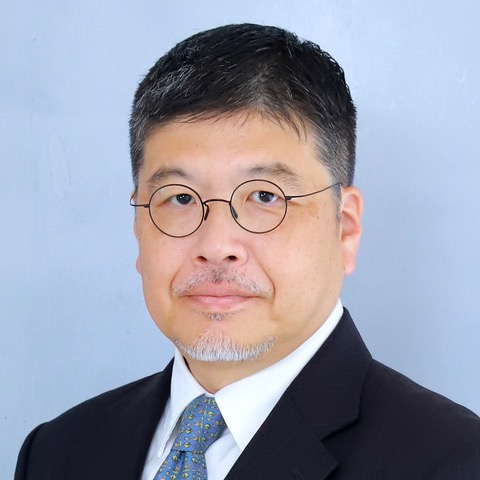President Message
 President of JSCCDr. Kentaro Tanaka
President of JSCCDr. Kentaro TanakaI am Kentaro Tanaka from Nagoya University, and I have been appointed the 13th President of the Japan Society of Coordination Chemistry (JSCC). I would like to take this opportunity to greet all members of the Society, those interested in coordination chemistry, and alumni who have studied coordination chemistry. I will inherit the passion of the past presidents, steering committee members, and members who have supported the Society. And I will challenge myself to deepen and develop the role of the Society as a place to share and discuss knowledge, to promote young researchers, to make connections, and to disseminate information nationally and internationally, so that the Society becomes a more active platform for the creation of science.
The JSCC has a long history spanning three eras: the first meeting on coordination chemistry was held in 1942 (Showa era), and since then, after passing through “Research Meeting on Complex Salt Chemistry” and “Research Meeting on Coordination Chemistry”, we have been active as the JSCC since 2002 (Heisei era). At present (Reiwa era), the Society has 695 regular members, 61 honorary members, 8 corporate members, and 330 student members, making a total of 1,086 members and 8 corporate members (August 31, 2024), making it the largest community of coordination chemists in the world. In recent years, the JSCC has actively focused on internationality, diversity, support for young scientists, and information dissemination.
Every year, the JSCC holds its annual meeting, where more than 1000 participants discuss the latest findings of the society. At the 74th meeting (2024), 68% of the oral presentations were given in English. The participation of foreign researchers has also increased, reaching 9% of the total participants, which we believe is a result of our efforts to promote discussions in English. In addition to international diversity, we aim to create an academic society where both men and women can play an active role, for example by establishing a system to actively appoint female researchers to the steering committee. We hope that energetic female researchers will serve as role models for younger members and student members. The JSCC has a branch “Young Coordination Chemists’ Association Japan (YCCAJ)”, which was established in 2005 to provide a forum for young members and student members. The YCCAJ is independently run by the younger generation, and through active activities such as summer school, chapter study meetings, and symposia at the annual meeting, they are engaged in friendly competition and building relationships that will lead to the future. The JSCC hopes to support the next generation and absorb new ideas from the younger generation. The JSCC publishes the Bulletin of the Japan Society of Coordination Chemistry (BJSCC) twice a year as an academic journal, which has served as a forum for research reviews and information exchange. In addition, Coordination Chemistry Research (COCR), an official research journal of the JSCC, was launched this year. As an official journal, COCR aims to become a central international journal in the field of coordination chemistry. We encourage all members to actively contribute to the journal.
Although there are calls for the decline of basic research in Japan, and the shrinking of research due to the declining birthrate is also a threat, we believe that individual researchers in coordination chemistry should solve these problems by freely and openly promoting research, creating new concepts, and playing a broad role from basic research to solving social problems in collaboration with related academic fields. The JSCC will make every effort to serve as a good platform for this purpose. I would like to solicit the cooperation of all our members.






